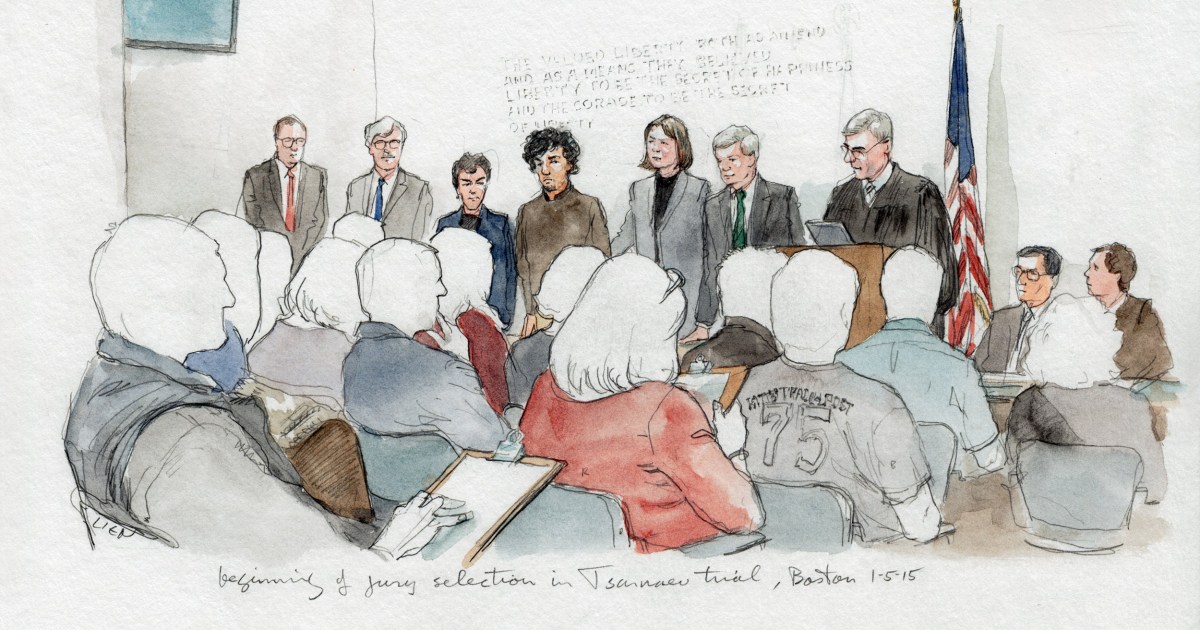Zardnaar
Deity
So my friend had jury duty. Sexual assault case involving 6 year old child.
The accused was found not guilty on the main charge as two jurors said not guilty or insufficient evidence.
The evidence was basically he said/she said. Jury was 9 women 3 men the not guilty types were 1 of each.
Both apparently basically said not enough evidence to convict. I can somewhat understand that.
When it goes to sexual predators I lean towards things like bronze bulls and fire, heads on pikes. IF the evidence supports it.
I wasn't there in the court room but how convinced wold you personally have to be to vote guilty?
Here there was a murder case almost 30 years ago. I think the accused probably did it but I'm not 100% convinced. In thar situation I would have voted not guilty. Even if person was guilty in that case there was a low chance of reopening. Accused allegedly killed his family including siblings.
More famous case OJ Simpson. He probably did the crime but once again not convinced beyond reasonable doubt. From what I understand I would vote to aquit.
From a moral PoV I would rather be wrong about not guilty than voting to convict someone that was innocent.
So ultimately in a he said/she said situation or circumstantial evidence I would be inclined to aquit at least intellectually (I wasn't in the jury).
Thoughts?
The accused was found not guilty on the main charge as two jurors said not guilty or insufficient evidence.
The evidence was basically he said/she said. Jury was 9 women 3 men the not guilty types were 1 of each.
Both apparently basically said not enough evidence to convict. I can somewhat understand that.
When it goes to sexual predators I lean towards things like bronze bulls and fire, heads on pikes. IF the evidence supports it.
I wasn't there in the court room but how convinced wold you personally have to be to vote guilty?
Here there was a murder case almost 30 years ago. I think the accused probably did it but I'm not 100% convinced. In thar situation I would have voted not guilty. Even if person was guilty in that case there was a low chance of reopening. Accused allegedly killed his family including siblings.
More famous case OJ Simpson. He probably did the crime but once again not convinced beyond reasonable doubt. From what I understand I would vote to aquit.
From a moral PoV I would rather be wrong about not guilty than voting to convict someone that was innocent.
So ultimately in a he said/she said situation or circumstantial evidence I would be inclined to aquit at least intellectually (I wasn't in the jury).
Thoughts?
Last edited:


